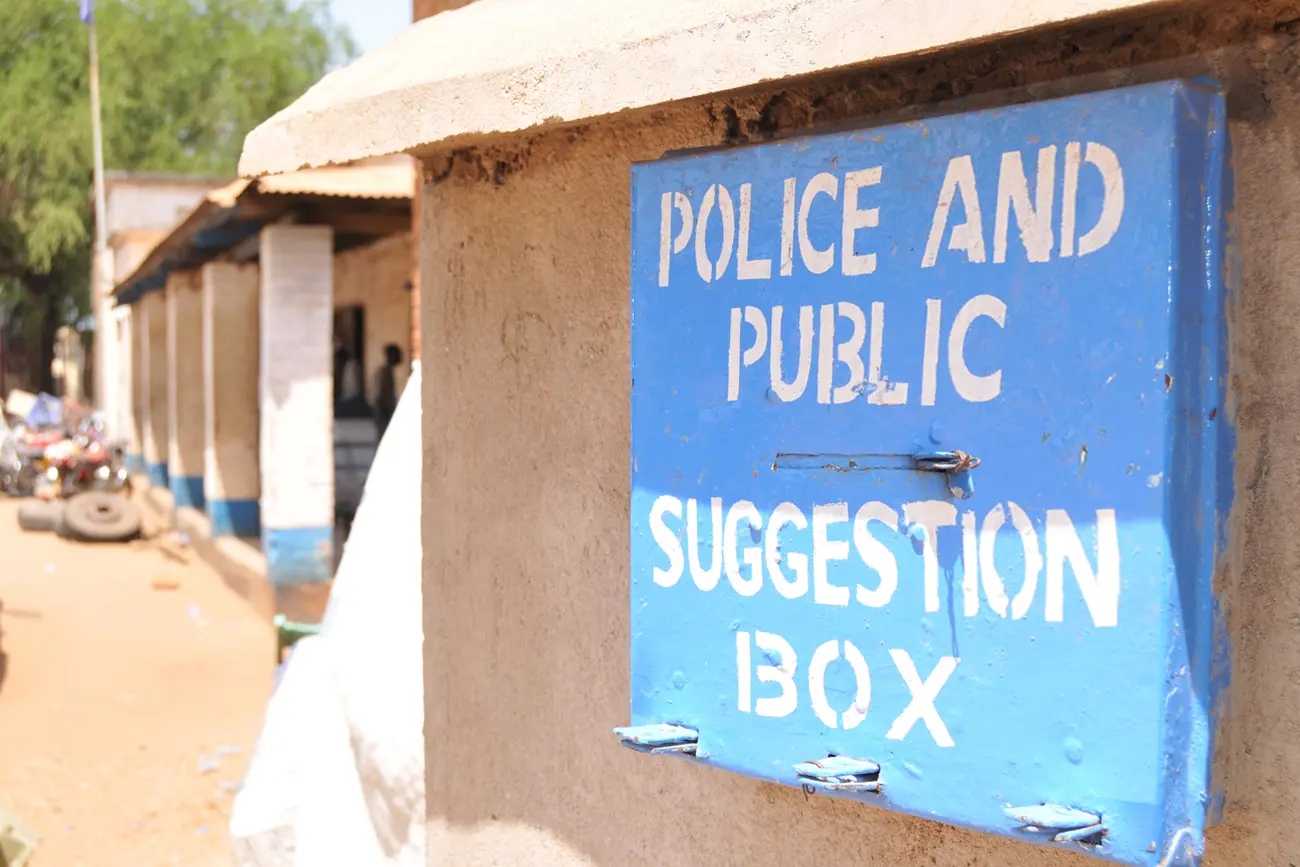
The Business Day
THE national director of public prosecutions and the national police commissioner still want to appeal against a high court judgment which ruled that the head of the Priority Crimes Litigation Unit of the National Prosecuting Authority (NPA) had a duty to investigate allegations of torture as required by the International Criminal Court (ICC) Act.
The North Gauteng High Court made this order in May after the NPA refused to investigate complaints of torture committed by suspects in Zimbabwe. Police claimed they had no duty to open an investigation because none of the perpetrators was present in SA, while the prosecuting authority said it did not have powers to investigate.
The judgment is a test of whether South African authorities would be able to investigate crimes of torture committed elsewhere and prosecute them in SA. Even if the authorities complied with the court order, it remained unclear whether there would be co-operation from Zimbabwe if its officials were arrested in SA and whether witnesses would be able to come to the country.
In 2008, the Southern African Litigation Centre presented a docket with 23 signed affidavits, in which 17 people attested to being tortured in Zimbabwe while in police custody, to the head of the Priority Crimes Litigation Unit.
The remaining affidavits, attested to by Zimbabwean lawyers and medical practitioners, confirm that these individuals were in fact tortured.
The docket also identified the Zimbabwean officials responsible, outlined the obligation imposed on the authorities responsible for the administration and enforcement of the ICC Act and asked them to investigate in order to prosecute those responsible.
Last month, Judge Hans Fabricius refused an application by the national director of public prosecutions and the national police commissioner for leave to appeal his judgment.
Nicole Fritz, executive director of the Southern African Litigation Centre, said yesterday that the national director of public prosecutions and the police service had indicated that they would petition the Supreme Court of Appeal, and that the centre would respond. Should investigations proceed and there was sufficient evidence existed for prosecution, SA could charge the perpetrators and try them in SA if they were in the country, Ms Fritz said.
In his judgment in May, Judge Fabricius said that when an investigation under the ICC Act was requested, and a reasonable basis existed to investigate, political considerations or diplomatic initiatives were not relevant at that stage. He said he had little doubt that on the present facts the police commissioner could have initiated the investigation in SA by interviewing witnesses.
http://www.businessday.co.za/articles/Content.aspx?id=176213



